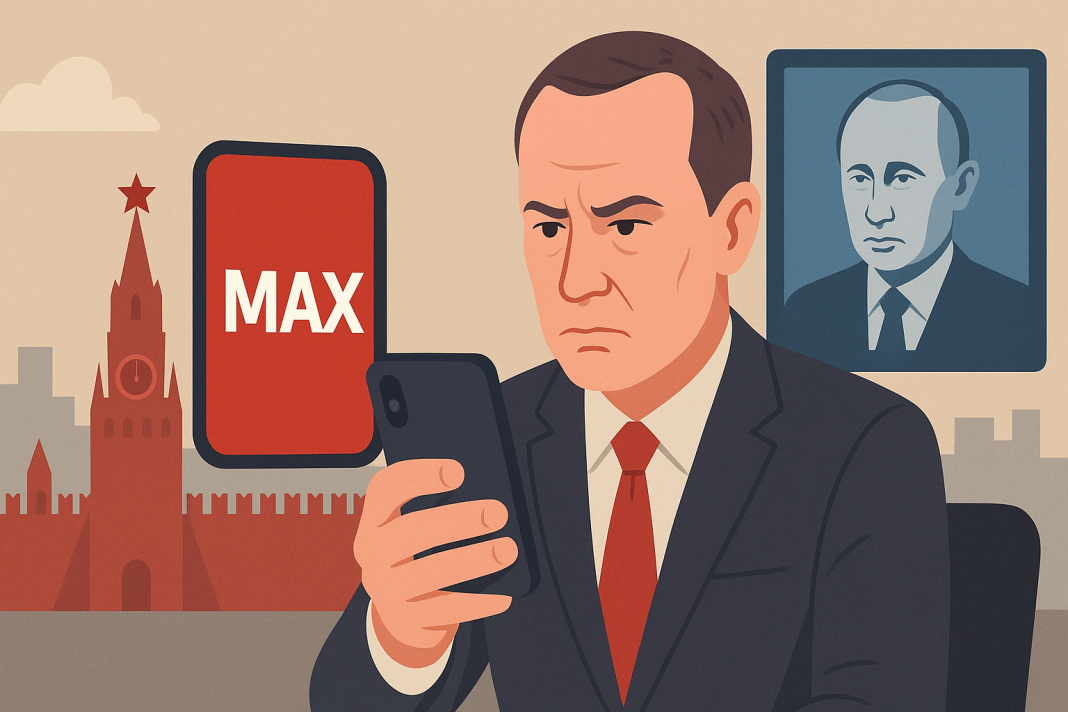Russia shut down the internet at record levels in 2025. In July alone, authorities recorded more than 2,000 shutdowns. Officials said these blackouts were for security reasons. They even told people to keep cash ready, treat the shutdowns as a form of “digital detox,” and prepare for the rollout of Max, the state-controlled app now pushed as the country’s main digital platform.
Internet shutdowns and the rise of Max
At the same time, Russia moved to control online communication. Authorities gradually restricted popular apps used by millions. They blocked messaging services and banned some searches online with new rules. A major step came when they cracked down on WhatsApp. Restrictions spread quickly across the country as state orders limited calls and chats.
In its place, authorities introduced a new platform called Max. They launched the app as a national messenger to replace services from foreign countries. By September 1, 2025, Russia required every new smartphone sold in the country, including in occupied areas of Ukraine, to have Max preinstalled. Critics say this marks the beginning of a “digital gulag” built on a government-controlled spy app.
He Looked Like Any Teenager—But He Was Spying for Russia”: Ukraine Stuns World with Spy Arrest
What Max really is
Max is not just another messenger. It is widely described as a state-run spy app because of its deep integration with government services and its ability to monitor citizens. The app is connected to public service portals, electronic voting, and even schools. State employees, teachers, and students are being directed to use it as their main communication tool.
To use Max, a Russian or Belarusian SIM card is needed. Foreigners cannot sign up without providing biometric data. This means the spy app is not only for messaging but also for tracking personal identity.
Emotional Espionage: Russia’s New Spy Tactic Exposed in Kostiantynivka Traitor Arrest
The spy app collects vast amounts of data, including contacts, browsing activity, camera and microphone access, files, and precise location. Its privacy policy clearly states that this information may be shared with partners and government authorities.
Even if the app is deleted, critics warn that parts of the spy app remain on the phone, continuing to track activity. Reports suggest real-time monitoring of calls and messages is possible, turning personal devices into surveillance tools.
Impact on occupied territories and daily life
The rollout of Max is not limited to Russia itself. The spy app is also being pushed into territories under Russian control in Ukraine. Schools in these areas have already begun using Max, forcing children, parents, and teachers to rely on it. This creates a digital barrier, cutting people off from other safe channels of communication.
For many Ukrainian families, phones are a lifeline to stay in touch with relatives. Secure messaging apps had allowed them to talk, share news, and even attend secret online classes in their own language. With the spy app replacing those services, communication has become more restricted and risky.
The app also affects children taken from occupied areas into Russia. Aid organizations had used messaging tools to reach and help some of them. Now, the spy app makes such contact harder, further tightening control.
In daily life, Max combines payments, government services, and voting in one place. By merging so many essential systems into a single spy app, the authorities have created a centralized hub of surveillance. People lose the ability to choose their own platforms and are forced to operate under state monitoring.
Russia has long been compared to Belarus, where advanced surveillance systems monitor calls, texts, and internet use. With Max, Russia now has its own version of a centralized spy app, directly placed on every new phone.
Phones, once a private space for free communication, are turning into tools of constant observation. For people in Russia and in occupied territories of Ukraine, daily life is now tied to a spy app that monitors conversations, controls information, and enforces strict digital rules.
